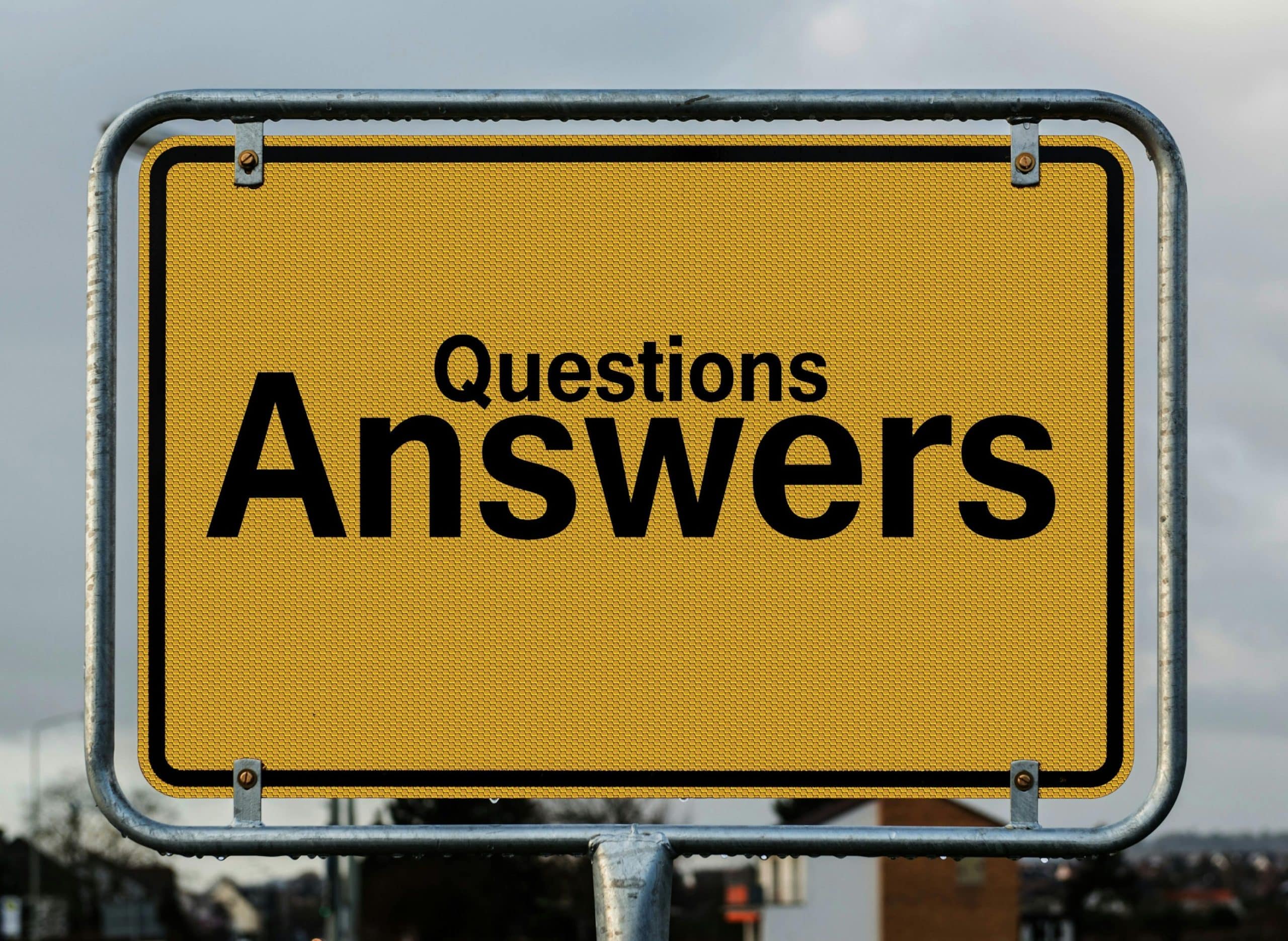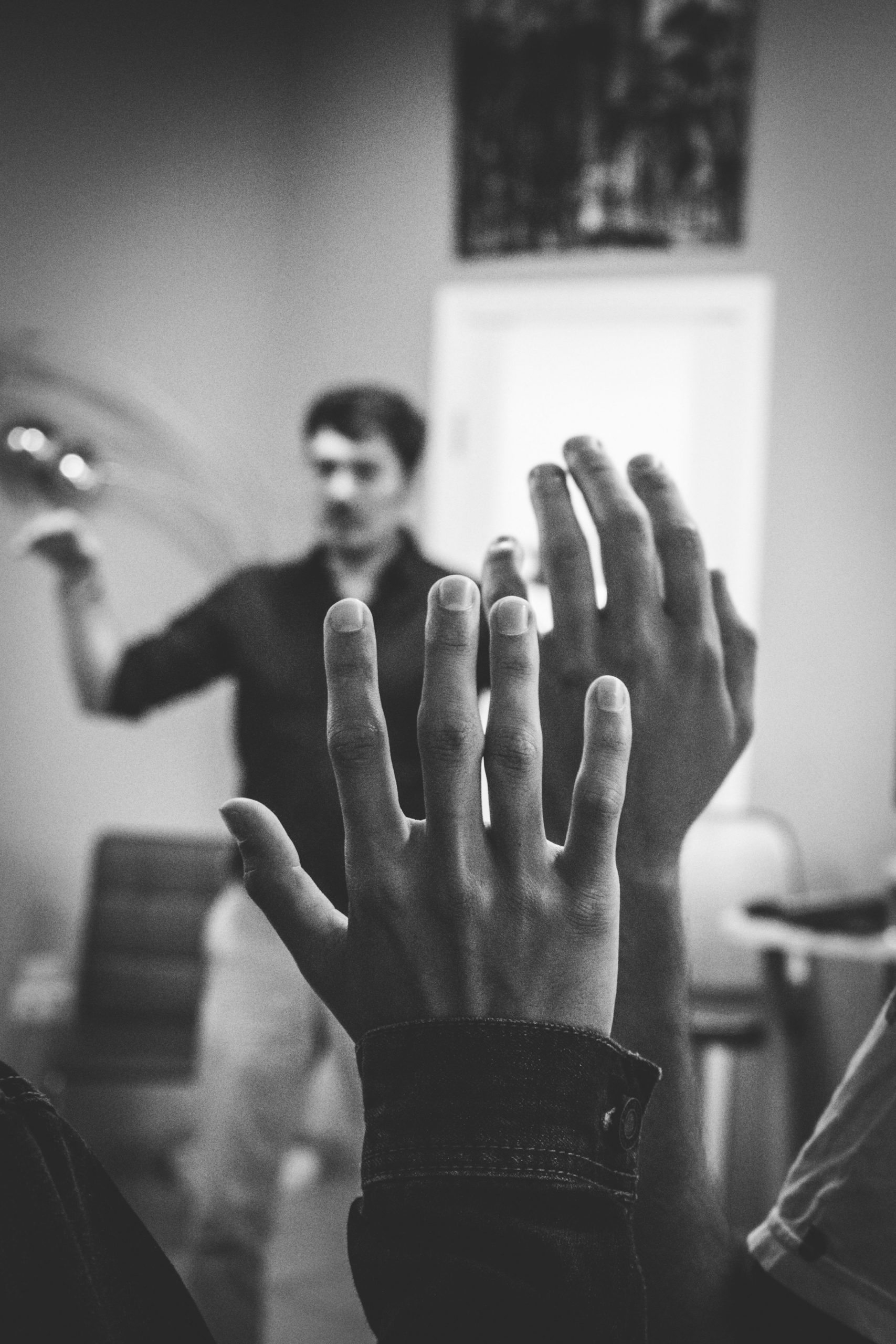
Car accidents can be traumatic events with numerous immediate and long-term consequences. One distressing symptom that can arise after a car accident is blurry vision. If you’re experiencing blurred vision after a car accident, you might be wondering whether you need a lawyer. This article will guide you through understanding the causes, symptoms, and treatment options for blurry vision after a car accident and explain when and why you should seek legal assistance.
Understanding Blurry Vision After a Car Accident
Blurry vision is a common symptom after a car accident, often indicating a more serious underlying injury. It can significantly impact your daily life and may require extensive medical treatment. Understanding the potential causes and symptoms of blurry vision following a car accident is crucial in determining the appropriate steps to take.
What Causes Blurry Vision After a Car Accident?
Several factors can cause blurry vision after a car accident, including:
Traumatic Brain Injury (TBI): Traumatic brain injuries are a leading cause of blurred vision after car accidents. The forceful impact can cause the brain to collide with the skull, leading to damage in areas that process visual information.
Whiplash: Whiplash occurs when the neck muscles are strained due to a sudden back-and-forth movement of the head. This can lead to vision problems if the nerves controlling eye movement are affected.
Retinal Detachment: Retinal detachment is a serious condition where the retina pulls away from its normal position. This can happen due to the severe impact during a car accident, leading to sudden vision loss or blurry vision.
Optic Nerve Damage: Damage to the optic nerve, which transmits visual information from the eyes to the brain, can result in blurred vision. This damage can occur due to head injuries sustained in a car crash.
Other Eye Injuries: Direct trauma to the eyes, corneal abrasions, and damage to the structures within the eye can lead to blurry vision.
Symptoms of Blurry Vision After a Car Accident
Blurry vision can manifest in various ways, and it’s essential to recognize the symptoms to seek timely medical help. Common symptoms include:
Difficulty focusing on objects
Double vision
Light sensitivity
Eye pain or discomfort
Loss of peripheral vision
Visual acuity changes
Eye coordination problems
If you experience any of these visual symptoms following a car accident, it’s crucial to seek medical attention immediately to diagnose and treat the underlying cause.
Blurred Vision Could Be a Sign of Which Car Crash Injuries?
Blurry vision can indicate several types of injuries sustained in a car accident:
Head Injuries: Concussions, skull fractures, and other head traumas can disrupt normal brain function and impact vision.
Neck Injuries: Whiplash and other neck injuries can strain or damage nerves, leading to visual problems.
Eye Injuries: Eye injuries such as binocular vision disorder or direct trauma to the eyes or surrounding structures can cause blurred vision.
When Should I Go to the Doctor?
You should seek medical attention immediately if you experience blurry vision after a car accident. Prompt medical evaluation can identify serious injuries and prevent further complications. A doctor will likely perform a physical exam and may order diagnostic imaging tests such as a CT scan or MRI to determine the cause of your vision issues.
Treatment Options for Blurred Vision After Auto Accident
The treatment for blurry vision depends on the underlying cause. Some common treatment options include:
Medications: Eye drops or oral medications to relieve pain and inflammation.
Surgery: For serious conditions like retinal detachment or significant eye injuries.
Vision Therapy: Exercises to improve eye coordination and visual processing.
Rest and Recovery: Allowing time for the body to heal, especially in cases of mild traumatic brain injuries.
Tips for Managing Blurry Vision After a Car Accident
Managing blurry vision involves both medical treatment and self-care strategies. Here are some tips to help cope with blurry vision:
Follow Medical Advice: Adhere to your doctor’s treatment plan and take prescribed medications.
Rest Your Eyes: Avoid straining your eyes by limiting screen time and taking regular breaks.
Wear Protective Eyewear: If advised, wear glasses or protective eyewear to prevent further injury.
Perform Visual Rehabilitation Exercises: These exercises can help improve eye movement and coordination.
Monitor Symptoms: Keep track of your symptoms and report any changes to your doctor.
Steps to Take After a Car Accident
If you’ve experienced blurry vision after a car accident, follow these steps to protect your health and legal rights:
Seek Immediate Medical Attention: Your health should be your top priority. Visit a doctor as soon as possible to diagnose and treat your injuries.
Document Your Injuries: Keep detailed records of your symptoms, medical visits, and treatments.
Report the Accident: Inform your insurance company and file a police report if necessary.
Consult a Lawyer: Contact a Nevada-based attorney who specializes in car accident cases to discuss your legal options.
Can I File a Claim for Blurry Vision Caused by a Car Accident?
Yes, you can file a claim if you experience blurry vision after a car accident. Blurred vision can lead to significant medical expenses, lost wages, and reduced quality of life. Filing a claim can help you recover compensation for these losses.
Can You Seek Compensation for Blurry Vision After a Car Accident?
Seeking compensation involves proving that your blurry vision resulted from the car accident and demonstrating the extent of your injuries and damages. Potential recoveries can include:
Medical Expenses: Coverage for diagnostic imaging tests, treatments, surgeries, and ongoing medical care.
Lost Wages: Compensation for time off work due to serious injury and recovery.
Pain and Suffering: Damages for physical and emotional distress caused by the accident and resulting vision problems.
Permanent Damage: Compensation for any long-term or permanent damage to your vision.
Why Do I Need an Attorney in This Case?
Navigating the legal process after a car accident can be complex and overwhelming. Hiring an experienced attorney can provide several benefits:
Expertise and Knowledge: A lawyer understands the legal process and can guide you through each step.
Investigation and Evidence Gathering: Attorneys can gather crucial evidence to support your claim, such as medical records and accident reports.
Negotiation Skills: Lawyers can negotiate with insurance companies to ensure you receive fair compensation.
Legal Representation: If your case goes to court, an attorney can represent you and advocate for your best interests.
How Can a Nevada-Based Law Firm Help?
A Nevada-based law firm specializing in car accident injuries can provide tailored legal assistance. They understand the state’s laws and regulations and can offer a free consultation to discuss your case. An attorney can help you build a strong case, gather necessary documentation, and fight for the compensation you deserve.
Understanding of Laws and Regulations: An attorney specializing in car accidents has extensive knowledge of personal injury laws and regulations in your state. They can navigate the legal system efficiently and ensure that your rights are protected throughout the process.
Legal Advice: They provide expert legal advice tailored to your specific case, helping you understand your options and the potential outcomes.
Investigation and Evidence Gathering: Attorneys conduct thorough investigations, gathering crucial evidence such as police reports and witness statements to build a strong case. They also collect and organize your medical records and work with medical experts to substantiate your claims.
Proving Liability and Damages: An attorney helps establish fault by presenting evidence of negligence or reckless behavior. They accurately calculate your total damages, including medical expenses, lost wages, and pain and suffering.
Negotiation Skills: Lawyers handle communications with insurance companies to negotiate fair compensation on your behalf. They leverage their expertise to ensure you receive the maximum settlement possible.
Legal Representation: If a fair settlement cannot be reached, an attorney can file a personal injury lawsuit and represent you in court. They advocate for you, presenting evidence and arguments to seek the best possible outcome.
Maximizing Compensation: Attorneys ensure all potential sources of compensation are considered, including long-term health impacts. They take into account future medical expenses and lost earning potential to secure comprehensive compensation.
Specialized Knowledge in Vision-Related Injuries: Lawyers experienced in vision-related injuries understand your medical needs and the implications of your condition. They may have connections with specialists who can provide valuable insights and testimony.

Contact BLG Today for a Free Consultation on Your Car Accident Claim
Blurry vision after a car accident can indicate serious injuries that require immediate medical attention and proper treatment. Understanding the causes, symptoms, and treatment options for blurry vision can help you manage your condition and make informed decisions about your health and legal rights.
If you or a loved one is experiencing blurry vision after a car accident, it’s crucial to seek both medical and legal assistance. At BLG, our experienced attorneys specialize in car accident cases and are dedicated to helping you get the compensation you deserve.
Contact us today for a free consultation.
FAQs
Can a car accident cause vision problems?
Yes, a car accident can cause vision problems due to head trauma, whiplash, or eye injuries sustained during the collision.
Can whiplash cause blurred vision?
Yes, whiplash can cause blurred vision as it can affect the neck and head, leading to strain on the eyes and potentially affecting vision.
How long will my vision be blurry after getting hit in the eye?
The duration of blurry vision after being hit in the eye can vary depending on the severity of the impact and any resulting injury. It could range from a short period to several days or longer, depending on the specific circumstances. If you experience persistent or severe vision problems after an injury, it’s advisable to seek medical attention promptly.





